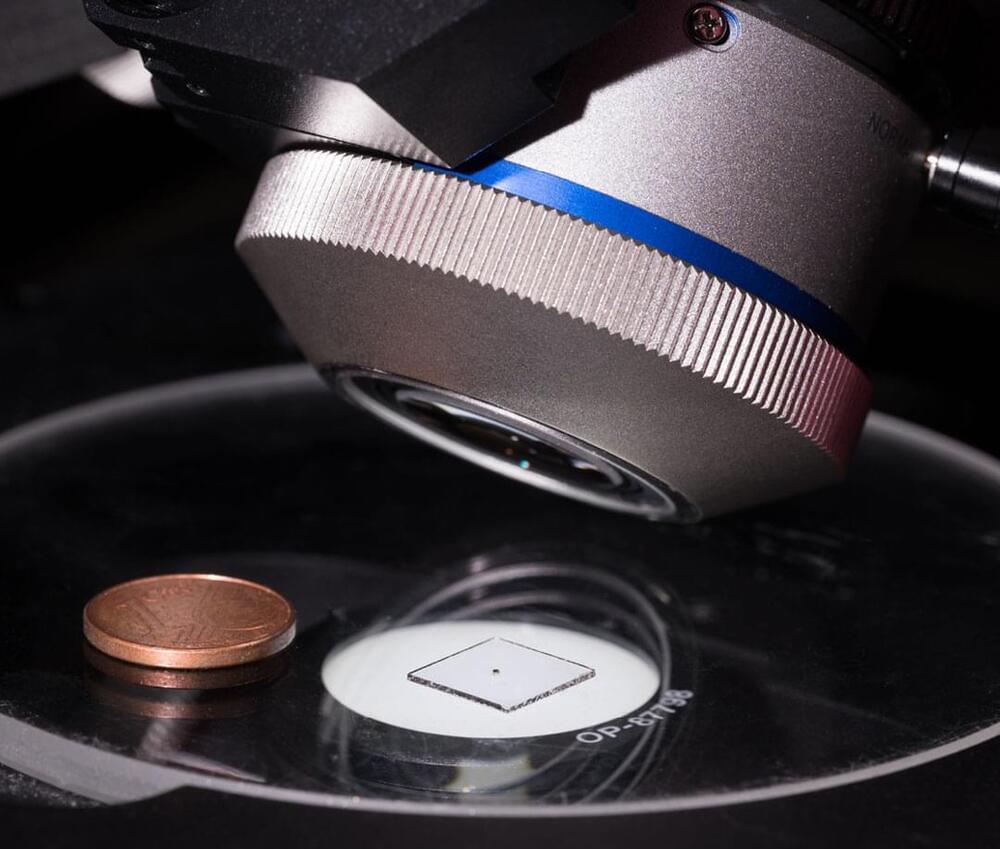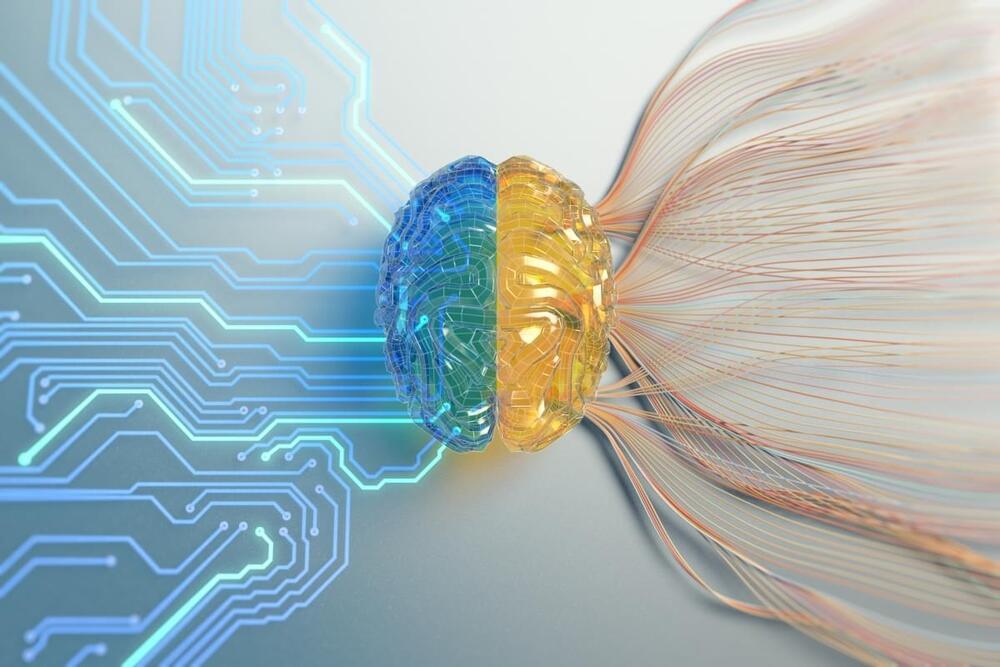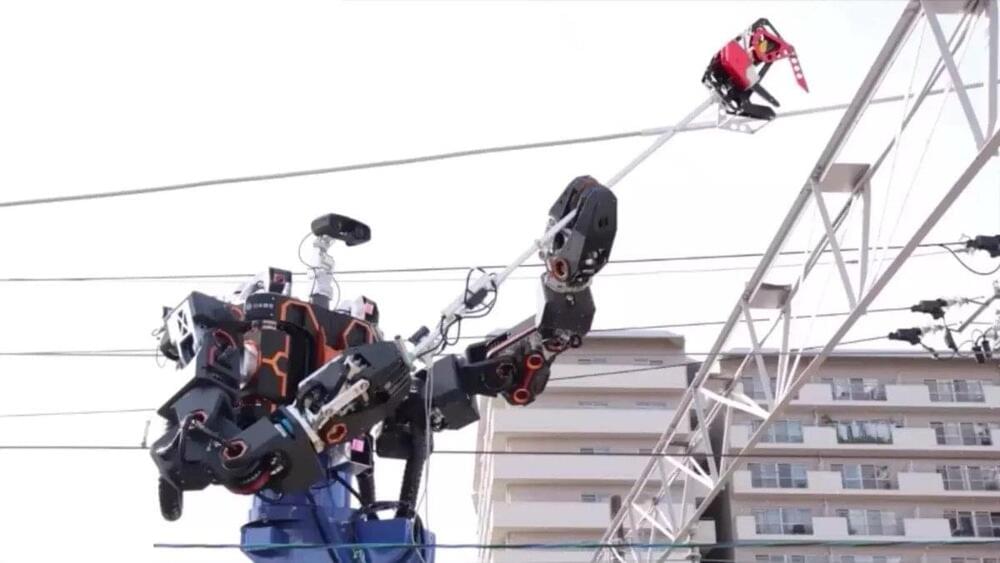Not an amazing update. All female rats are not getting the results the previous group of males got. To my knowledge human trials are still actively being set up for late this year.
In this video we report on the May 2022 update from Dr. Katcher’s experiment with E5, where he is testing to see how long the rats will stay alive if they are given an E5 injection every 90 days.
********************************************
Links for this video.
Sign up for the newsletter from NTZ Publishing here:
https://www.ntzplural.com/newsletter.
Reversing age: dual species measurement of epigenetic age with a single clock.
https://www.biorxiv.org/content/10.1101/2020.05.07.082917v1.full.
The entry on Dr Josh Mitteldorf’s Aging Matters blog.
Our discussion of original paper.
https://youtu.be/DokfEzQt_wk.
Playlist for Dr. Katcher August 2021 Interview Series.
Playlist 1 for Dr. Katcher.
https://www.youtube.com/playlist?list=PLkfzM7KJv6vaIQZ_n3WS6FHTpBtfS2lzw.
********************************************







